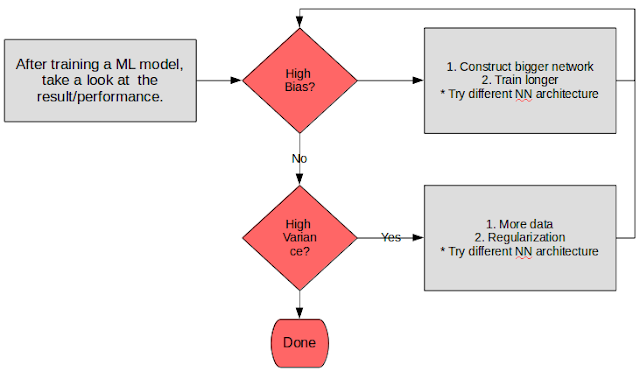Behavioural Economics
Below are a few notes (most are copy pastes) of stuff that I've covered during my time at Dilip Soman's Behavioural Economics online course at edX.
The topic is a recent interest of mine after spending some time earlier this year learning about social graphs and basic graph theory in general. So as a natural extension to that, a question that comes to mind is, how do people make purchasing decision?
The notes have been mostly compiled in Slack - somehow I kinda take a liking in the way the notes there get formatted. It's relatively easy too - perfect for lazy people like myself.
Below are the public links of my notes in Slack with regards to the topic:
- Early General Notes
- A Theory of Decision Points
- Choice Overload
- Glossary of Concepts
- Consumption Vocabulary
- Recent Nudge Experiments
- Decision Aids
- Disclosure
- Basics of Experiments
- Analysis of Experimental Data
- Two Experiments
- Field or Lab?
- Intuition and Judgement
So how does all of this relate to analytics?
Well, in my field (market analytics) we'd like to understand how consumer make decisions. Maybe it's due to their friends, maybe it's down to the relative quality of the product. And most of the times the assumption is - if the price is lower and the product is superior; it only made sense that consumer will always choose our product over a competitor. In reality however, this needn't be exactly the case. As behavioural economics suggest, humans make irrational economic decisions sometimes. Decisions that does not make any sense (economically that is).
So understanding these quirks and phenomenon will (I hope) ultimately help one
- Understand the data from a human perspective
- Build more accurate model
- Design better marketing campaign

Comments